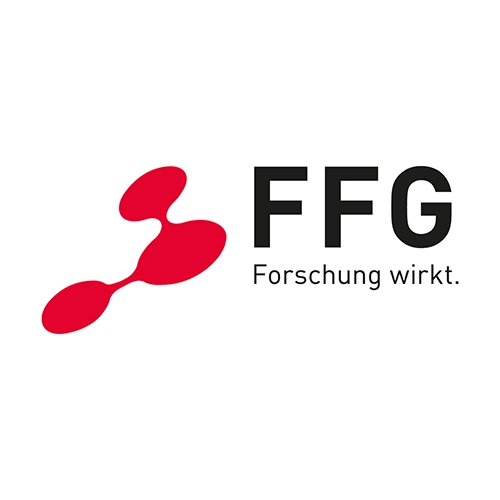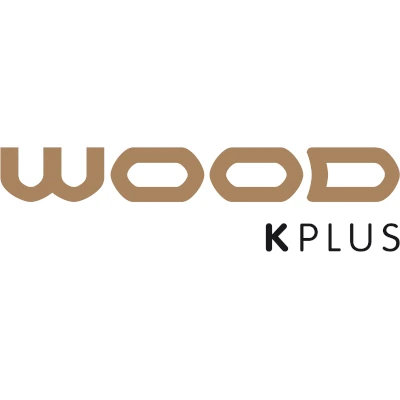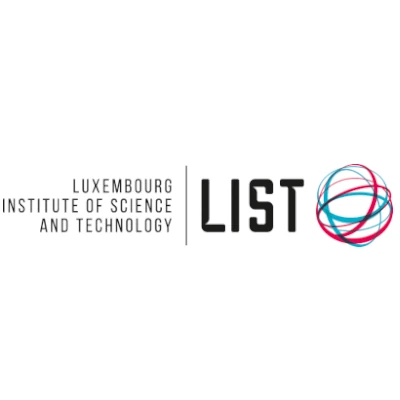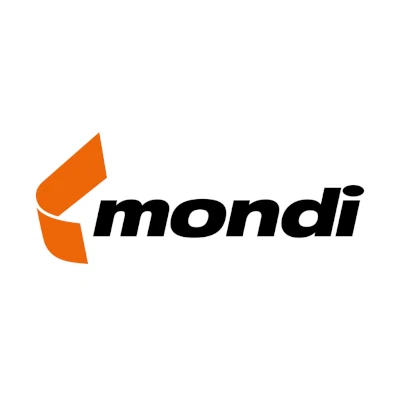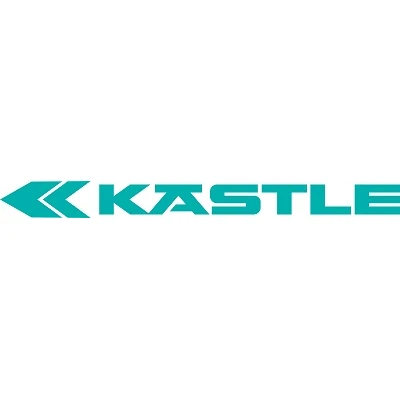"Plasma-polymerized functional bio-based composite coatings"
Project goals & contents:
Development of bio-based functional surface coatings reinforced with sustainable additives that can be polymerized using atmospheric pressure plasma and applied to paper and natural fiber-reinforced products.
The aim of the PlasmaComp project is to develop a bio-based high performance composite coating reinforced with sustainable additives that can be polymerized with atmospheric pressure plasma and applied to cellulose-based materials to improve technological, mechanical and antimicrobial properties. In key industries, such as the packaging, consumer goods and sporting goods sectors, there is an increasing demand for coatings for paper and natural fiber reinforced products with outstanding functionalities, which are traditionally made from synthetic raw materials, applied with less efficient wet coatings and have the disadvantage of high raw material usage and low recyclability. All of these aspects require the development of new types of coatings that surpass previous solutions and application techniques.
The PlasmaComp project is developing innovative solutions for this by producing a bio-based and sustainable, highly reinforced composite coating in combination with material and energy-saving, environmentally friendly, flexible, fast and automatable plasma coating technology.
The interdisciplinary, transnational consortium of research and industry will make it possible to provide the market with new solutions and more competitive products that are economically and ecologically relevant, particularly in the area of packaging.
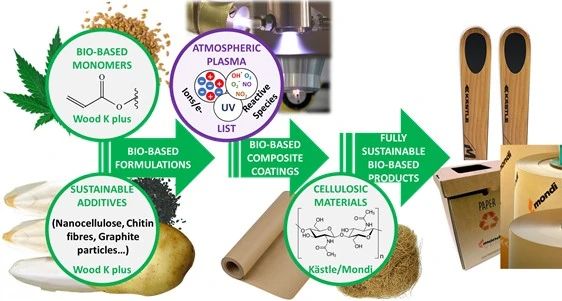
Lead partner:
Kompetenzzentrum Holz GmbH - Wood K plus
Project lead:
DIin Judith Sinic
Project partners:
Luxembourg Institute of Science and Technology (LIST), Mondi Release Liner Austria GmbH, Kästle GmbH
Project periode:
April 2021 - March 2025
Research programme / Project ID:
Production of the future 35th call for PdZ transnational projects 2020 (M-ERA.NET Call 2020) / FFG-Nr: 885132
Funding:
The project is funded by the Austrian Research Promotion Agency FFG.


